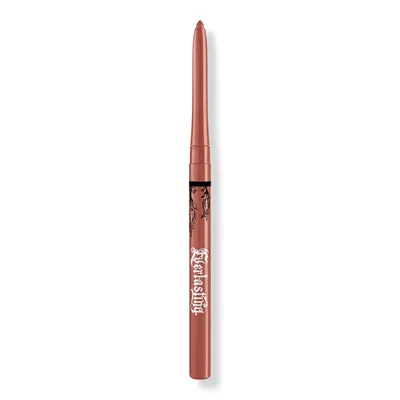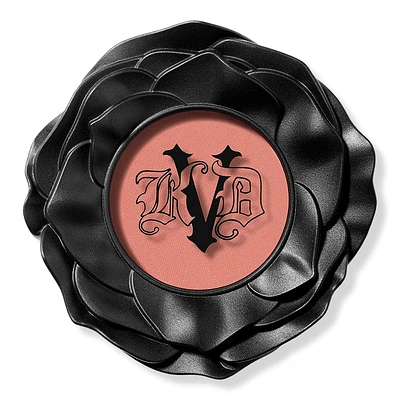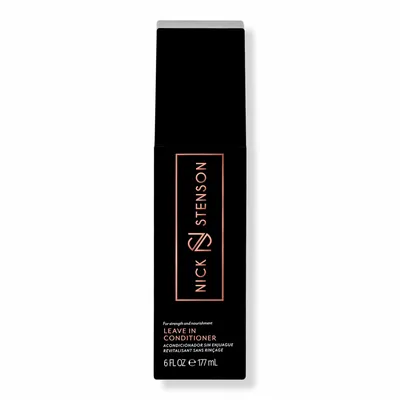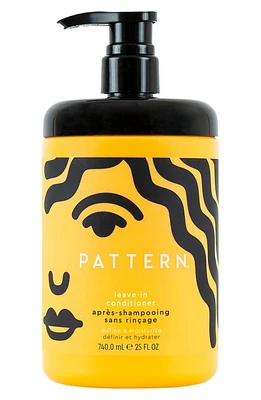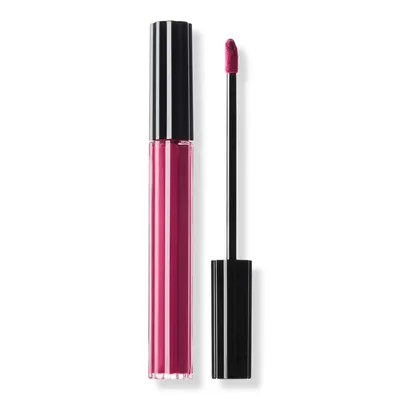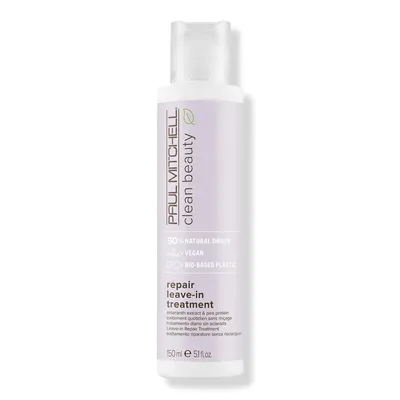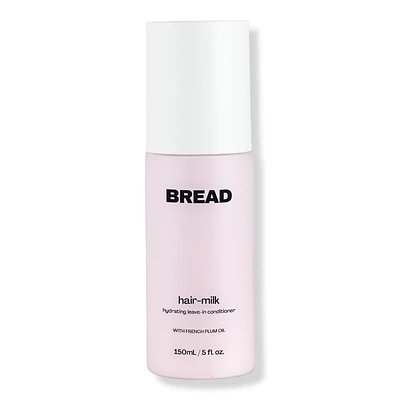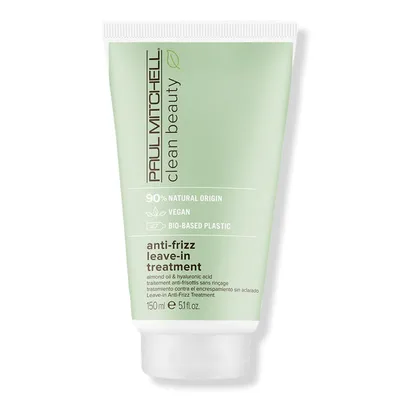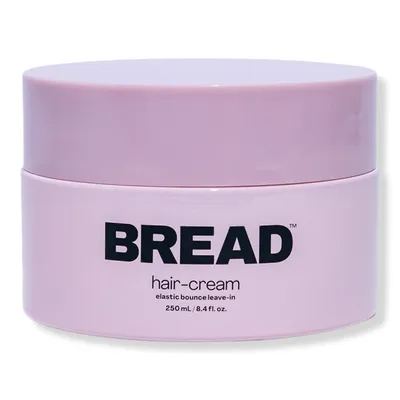Home
Skeleton Leaves - Preserving Leaves for Everlasting Beauty
Barnes and Noble
Skeleton Leaves - Preserving Leaves for Everlasting Beauty
Current price: $10.99


Barnes and Noble
Skeleton Leaves - Preserving Leaves for Everlasting Beauty
Current price: $10.99
Size: OS
Loading Inventory...
*Product information may vary - to confirm product availability, pricing, shipping and return information please contact Barnes and Noble
Table of Contents Introduction How to Prepare Your Flowers and Leaves Maceration Bleaching Your Leaves And Flowers Making Labarraque's Bleaching Solution Placing of Your Leaves in the Jar Fern Frond Treatment What about Leaves without Stems? Best plants for Skeletonizing Magnolia Silver and Aspen Poplar Norway and silver Maple Weeping Willows and Lindens The sacred pipal - Bodh Tree of Enlightenment Sycamore Ash and Elm Duetzia - also known as Deutzia Scabra Chestnut, Hickory, and Beech Sassafras and Rose Ivy and Holly Another Quicker Method for Macerating Leaves Seedpods and Seeds DIY - Tabletop Cover Conclusion Author Bio Publisher Introduction When I was writing a book on dried flowers, and how things of beauty could be made out of them, I began to think that so many of us have not only preserved flowers between the leaves of our books - because either we want to hold on to their beauty for a little longer period of time, or we just want to hang on to the memories, which are associated with those particular flowers - but also we have reserved leaves in a manner that their beautiful skeletons are left for either our appreciation or for creating things of beauty which are going to be a joy forever. So this book is going to tell you all about how you can preserve skeleton leaves - also known as phantom leaves in Victorian times when every woman who had a little bit of time on her hands pressed these leaves in either wooden presses or between the pages of a book, and made something beautiful out of them, when she had the time and inclination. So when you look at the leaf in your hand, you are going to notice that it is made up of green material, which gives the color, solidarity, and coherent shape to the leaf. This green material is going to stick to the vascular material, which is also known as the veinwork. Our job is to get rid of the green material in such a way, that the beautiful vascular network can be seen in all its beauty while keeping well within the shape and structure of the leaves. If you are a sentimental type, and have traveled to a number of places, there is a chance that you are going to pick up a flower from a place, of which the memories are very pleasant, and also a leaf, for reminiscence sake. The only problem is, by the time the leaf dries, it is going to be really brittle, and the moment you pick it up, it is either going to crumple up or break. If you put them in a vase, it is going to lose its color, and you are going to have brown leaves collected from the Acropolis and the Parthenon or Mount Olympus, instead of those lovely green Laurel leaves! However, if you do a little bit of proper skeletonizing, you are going to have all those laurels and olive leaves to take you down memory lane 50 years from now. The positive thing about skeletonizing these leaves is that they are going to be flexible as well as strong. You can bend them, and even fold them.
